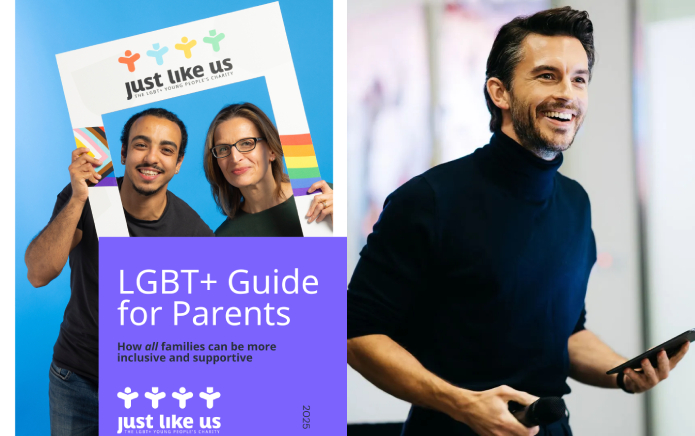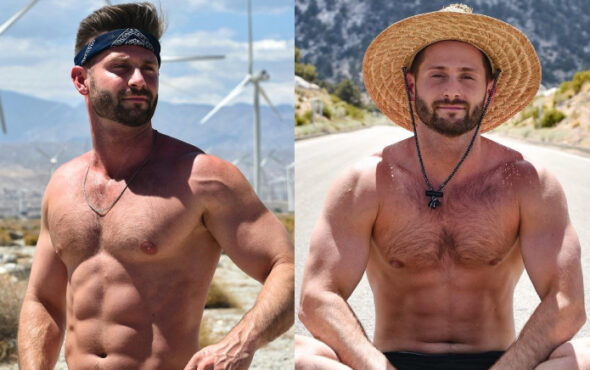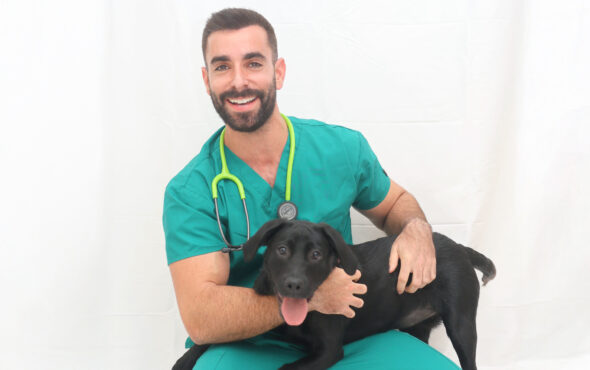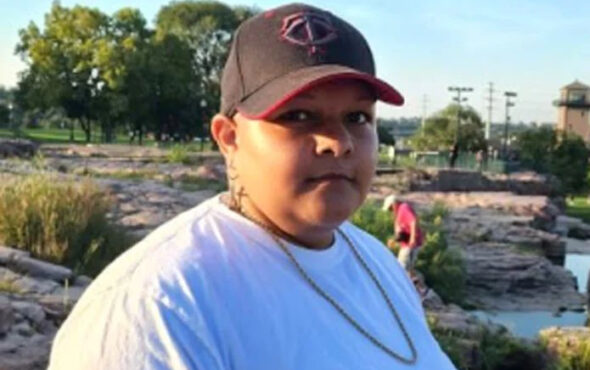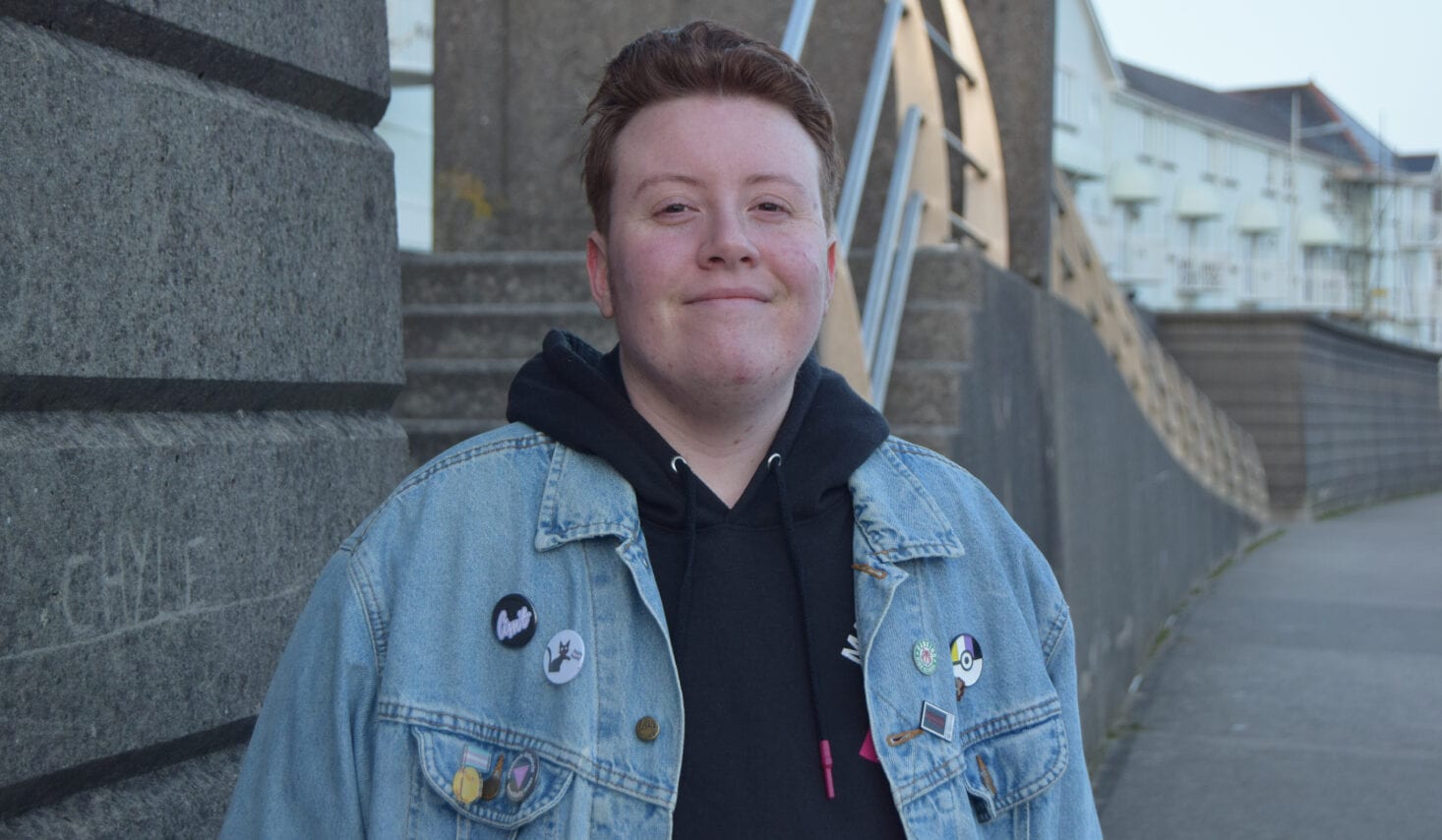
I first realised I was pansexual about a year ago. I had previously identified as queer as a catch-all for my sexuality before adopting the pansexual label and here’s why I love it.
I am non-binary trans masculine, and it is fairly well known in the trans community that sexuality can change as you progress through your transition. For me, as I became more comfortable in my own body and gender identity, I began to realise that I no longer wanted to use ‘queer’ and started to use the pansexual label.
The word pansexual might seem new but its first recorded use was actually as early as 1914, and it’s continued to become more widely recognised in the last few years. The term comes from the Greek language meaning ‘all’.
For me, pansexuality means that the way I experience attraction is completely separate from conceptions of gender. For me, gender identity is not a factor that comes into play when thinking about who I’m attracted to, but almost an afterthought. The most important factor in attraction for me is personality.
For some people, pansexual and bisexual are almost interchangeable, while others find that one label fits them better than the other. I personally find that pan fits me better, as to me it encompasses the way I experience attraction perfectly.
Part of what held me back from identifying as pansexual was the lack of education I received about LGBTQ+ issues in school. When I was in secondary school, the only relationships that were ever discussed were heterosexual ones and ‘gay’ was regularly used as an insult. I remember realising that I was not straight but I didn’t have the language to describe how I felt and I was scared of what others might think or say in school.
I had no awareness of the LGBTQ+ community or how to describe what I was going through until I discovered Twitter and Tumblr. All of my initial education on being LGBTQ+ came from social media, which shouldn’t be the case – we should be acknowledged as existing at school.
When I first came across pansexuality, by looking at a list of LGBTQ+ flags online, I didn’t understand it completely. After meeting my partner, who has identified as pan since she was 18, and doing my own research on the internet, I realised that pansexual, or ‘pan’ as some of us shorten it to, perfectly described my sexuality.
A big struggle I’ve had while at school, and since leaving, is the stigma. When I started educating myself on the LGBTQ+ community, I encountered the stereotypes that are used against pansexual people, and the overlap between biphobia and panphobia. I felt the pressure to ‘pick a gender’ and the stigma suggesting that I was ‘just confused’ was tough – when in fact the opposite was true.
Even now, there is a general misconception that the relationship you’re in defines your sexuality. For example, a pansexual man in relationship with a pansexual woman is perceived as being heterosexual. Of course there are always jokes about cookware and I can’t count the amount of times I’ve been asked if I fancy saucepans!
Jokes aside, pansexual young people – like all LGBTQ+ young people – growing up today are still seriously struggling. According to Just Like Us’ research, the majority (67%) of pansexual young people have had suicidal thoughts or feelings and half have had depression (47%) and anxiety disorder (51%). They also feel significantly less safe at school and a third (31%) are facing daily tension at home.
I really struggled at school and it’s heartbreaking that other LGBTQ+ young people still are now. One way I’m trying to make change is by volunteering with Just Like Us, the LGBT+ young people’s charity. I speak in schools about being pansexual and trans so that all young people know that it’s OK to be yourself and how to be an ally. I love being able to provide the representation that I did not have growing up.
With School Diversity Week approaching this 21-25 June, it is important to acknowledge how important inclusive education is! The work that Just Like Us who provide LGBTQ+ talks and educational resources for schools and colleges is so vital and can help so much.
There was no information provided on LGBTQ+ issues or awareness during my education growing up and I think about how impactful that would have been for me if it had. I hope any pansexual young person reads this and knows it’s OK to be who you are! Happy Pansexual Visibility Day.
If you are LGBTQ+, 18-25 and living in the UK, volunteer with Just Like Us to speak in schools and make positive change for the next generation.
For more information about Just Like Us and their incredible work supporting LGBTQ+ youth, visit their website.
